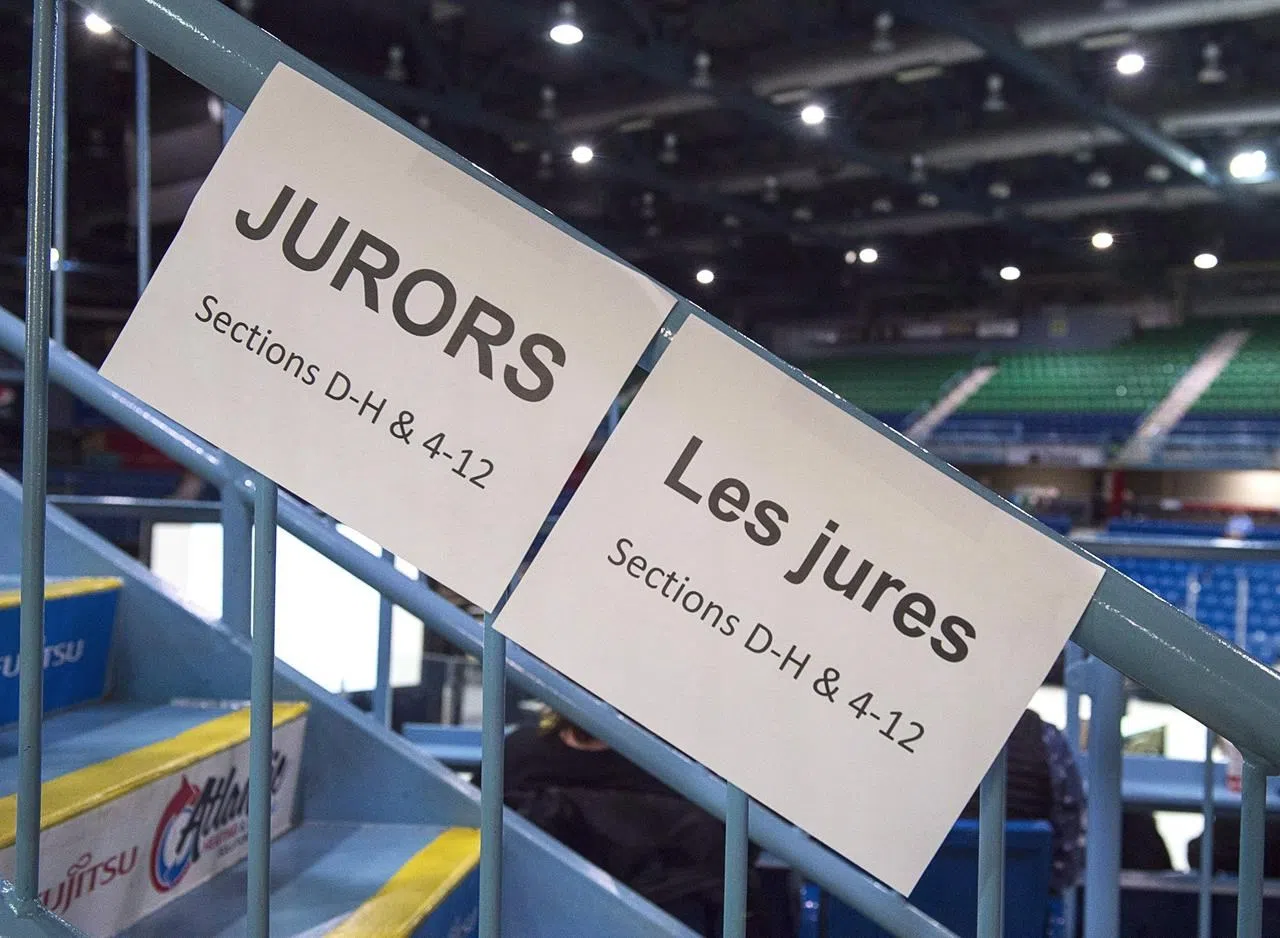
Jury dismissals in Atlantic Canada raise wider issues about vetting:experts
HALIFAX — Jury dismissals in two high-profile Atlantic Canada court cases this week raise issues around jury vetting in the digital age, according to some legal experts.
A judge declared a mistrial Tuesday in the Dennis Oland murder case when he learned a Saint John police officer tracked all interactions would-be jurors had with police, and passed some of that information to the Crown.
Just two days later, a Nova Scotia Supreme Court judge dismissed the jury in the criminal negligence causing death trial of Halifax-area body shop owner Elie Hoyeck, after a juror questioned why a Crown prosecutor searched her LinkedIn profile.
Both trials resumed by judge alone.
